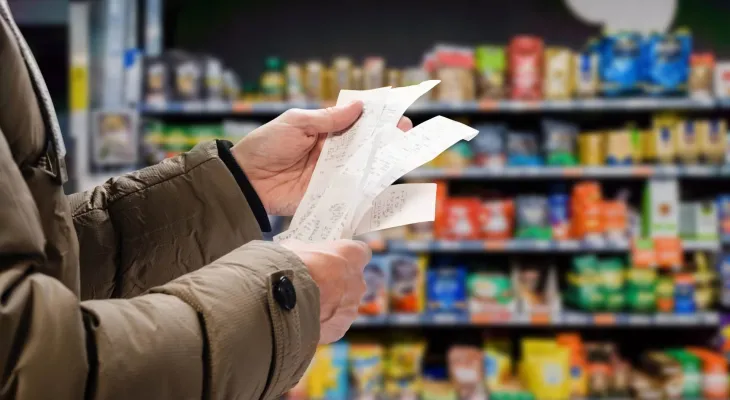Search here
Newspaper
Search here

Arab Canada News
News

Published: January 2, 2024
If 2023 was characterized by inflation and a decrease in purchasing power in Canada, the increase in the cost of living does not seem likely to slow down in 2024.
Here are five goods and services that will see price increases next year in British Columbia.
Your housing or property taxes:
The maximum allowable rent increase in British Columbia is 3.5% for 2024. While this increase is less than the inflation rate, it is higher than the 2% increase in 2023.
In Vancouver, the city council approved a budget that includes a 7.5% increase in property taxes (new window).
Your electricity:
BC Hydro has submitted an application to the British Columbia Utilities Commission to increase its rates by 2.3% effective April 1, 2024.
The proposed Crown prices are currently awaiting approval from the Provincial Utilities Commission (BCUC). If approved, the average bill for residential customers will increase by about $2 per month.
To encourage British Columbia residents to consume less electricity, those who reduce their household energy consumption by 10% compared to 2023 will be eligible for a $100 grant from the province.
Your grocery store:
The increase in living costs was likely felt at the grocery store in 2023, while food banks cried out for hunger. The new year will not be less expensive in this regard.
A family of four will also have to spend an average of $700 more on food in 2024 compared to 2023, according to the annual report on food prices in Canada. This adds up to a total of about $16,300 to cover annual food expenses.
Moreover, Canadian grocery store profits hit record numbers in 2023.
Transportation:
BC Ferries announced last October an annual increase of 3.2% in its prices over four years, from April 1, 2024, to March 31, 2028.
The U-Pass, the universal transit card for students in Metro Vancouver, will cost $46 starting May 1, an increase of 90 cents.
Comments